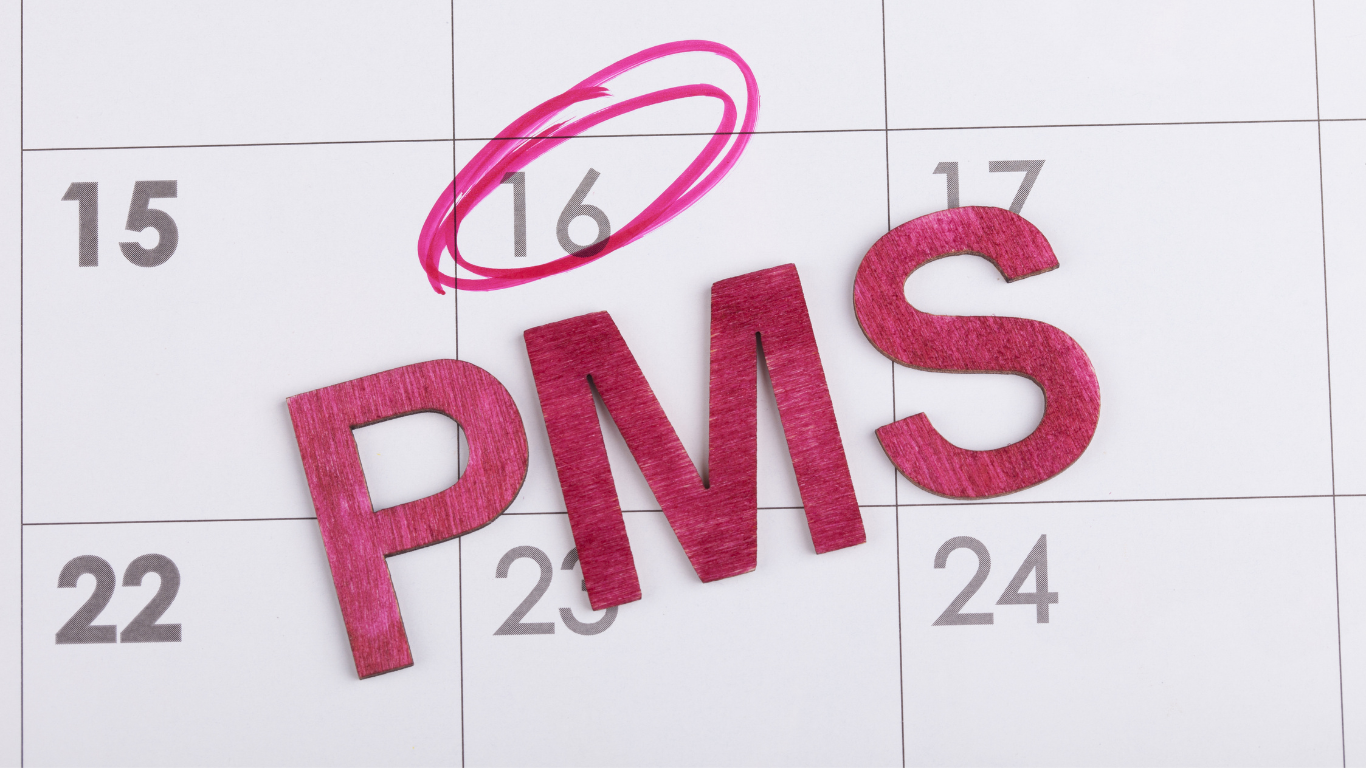
Seed cycling is a topic that often crops up when discussing dietary changes to improve your fertility. You may hear about it in relation to hormone balance, irregular periods, irregular ovulation or conditions like PCOS. But what is seed cycling for fertility it and is there any evidence behind it? Read on to find out!
What is seed cycling for fertility?
The practice of seed cycling entails eating different seeds during different phases of the menstrual cycle. Seed cycling for hormone balance has been suggested by some as a natural way to:
- Regulate periods and reduce pain
- Relieve PMS symptoms
- Improve fertility
- Treat polycystic ovary syndrome (PCOS)
Seed cycling involves supplementing the diet with 4 different types of seeds, flaxseed, pumpkin seeds, sunflower seeds and sesame seeds. These are all consumed at different stages of the menstrual cycle. .
Phase 1: Seed cycling advocates recommend eating 1 tablespoon of ground flaxseeds and 1 tablespoon of pumpkin seeds daily during the follicular phase. This should start from the first day of your period until ovulation. The idea is that doing this supports the right levels of oestrogen needed to thicken the uterine lining.
Phase 2: During the luteal phase of the menstrual cycle, eat 1 tablespoon of ground sesame seeds and 1 tablespoon of ground sunflower seeds. It is thought that these seeds, in particular sunflower seeds, support progesterone levels which are required to maintain the uterine lining for implantation.
So the question is – does this practice of seed cycling for fertility have any evidence behind it and crucially, does it work?
Does seed cycling for hormone balance actually work?
You will probably hear anecdotal accounts of people who have seen or felt differences when seed cycling for hormone balance, but is there any scientific evidence?
The short answer is no. There is currently no evidence to suggest that eating certain seeds during the follicular and luteal phases of your cycle will have any benefit on your menstrual cycle, hormone balance or fertility.
While the practice of seed cycling for fertility may not have much evidence behind it., seeds themselves are a great source of many health and fertility-supporting nutrients. Seeds are great foods to incorporate into your diet to boost fertility.
Benefits of flax seeds for fertility
Flax seeds are a rich source of lignans, a class of phytoestrogens which are similar in structure and function to oestrogen. There isn’t any evidence to suggest they are beneficial for endometrial thickness however eating lignans can support a shorter time to pregnancy. They are also a great source of protein, healthy fats and antioxidants.
Benefits of pumpkin seeds for fertility
Pumpkin seeds also contain lignans and are particularly high in zinc. They are a great way to include more zinc in the diet which plays a major role in egg maturation and development and can help to reduce time to pregnancy. Zinc has also been associated with reduced period pains.
Benefits of sesame seeds for fertility
Sesame seeds are a source of coenzyme Q10. If you suffer from PCOS or have problems with ovulation, consuming more coenzyme q10 can help to improve ovulation and pregnancy rates. Coenzyme Q10 is a supplement we cover in depth in our blog for its role in improving ovulation and pregnancy rates.
Benefits of sunflower seeds for fertility
Sunflower seeds are a rich source of vitamin E. This is a fat-soluble antioxidant that can enhance implantation and improve pregnancy rates in patients with a thin endometrium and unexplained infertility.
The evidence suggests that rather than focusing on the practice of seed cycling for fertility or hormone balance, focus on including these seeds in whatever way works for you in your diet so that you reap the benefits of their nutritional content.
Benefits of seeds for fertility – aside from seed cycling
As well as the above, seeds are good sources of plant-based omega 3 fatty acids. Omega-3 fatty acids are anti-inflammatory and support both egg quality and implantation. Consuming adequate amounts of them can improve egg quality in women over 35 years old.
Seeds are also high in fibre which should be an important part of your diet for optimising fertility. Diets close to the daily recommended fibre intake of 30g may increase your chances of pregnancy (8).
What does this all mean for you?
As we have seen, there is no scientific evidence to support the cycling aspect of seed cycling for fertility. However, seeds are nutritionally dense and contain a whole host of fertility supporting nutrients. Seeds get a big thumbs up from us as a fertility supporting food.
Having said that, there is also no harm in seed cycling for fertility, and if you want to give it a try, go for it. But it’s worth noting, seeds bought from your local supermarket or local market/grocers will be just as beneficial as those found in expensive seed cycling kits you may find online.
If you have more questions about diet and fertility and want to separate more myths from truths, book in for a
1-1 consultation with a Registered Nutritionist at our Fertility Nutrition Clinic.
This article was written by the Fertility Dietitian UK content team and reviewed by Ro Huntriss MSc RD, Consultant Dietitian and Founder of Fertility Dietitian UK.
Last reviewed: July 2025



